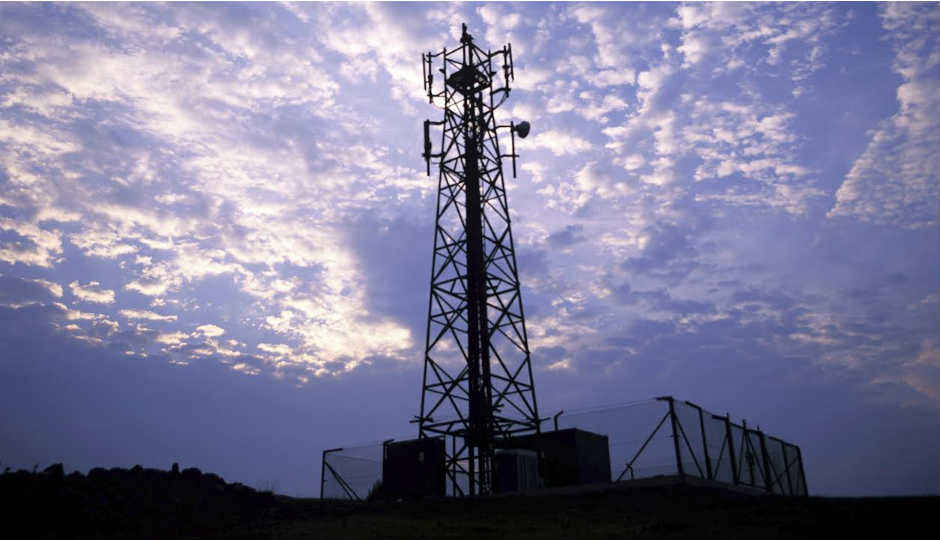Major telecom operators have dismissed proposals to compensate users for call drops, instead wanting to look for measures to reduce them

Telecom service providers have opposed the government’s proposal of compensating customers for call drops. Sector regulator TRAI had, earlier this month, released a consultation paper that sought to penalize telcos for call drops.
 Survey
SurveyIt had floated a consultation paper seeking comments from the public and the industry over a proposed scheme to compensate users for dropped calls. In response, the Cellular Operators Association of India has said, “Compensation to the consumers for call drop is not the correct approach and will not resolve the problem. Multi stakeholder alignment and collaboration is the only way to resolve the matter. Trai should not make the compensation a mandatory requirement for the operators.” The TSPs have said that efforts should be made to resolve the factors contributing to call drops rather than penalizing operators. The COAI has noted in its response that, except Colombia, there are no provisions for compensating the user for call drops anywhere in the world. Telecom regulators in major South and Southeast Asian countries have mandatory quality of service standards to deal with coverage quality issues.
Public opinion is, however, in favour of a compensation policy being put in place. Earlier, a survey showed that a majority of the respondents think that operators are to be blamed for call drops, while only 19 percent believed that the government is responsible. The Association of Unified Telecom Service Providers of India (AUSPI) has also opposed the move, saying that the factors are often beyond an operator’s direct control.
TRAI came out with the consultation paper on September 4th, detailing a scheme of compensating users for call drops. It proposed that any call getting disconnected within the first 5 seconds should not be charged. If the call drops after 5 seconds, the last pulse should not be charged. Users with pay-per-minute plans have complained about getting charged for an entire minute, even if the call gets disconnected after a few seconds. TRAI’s proposal may have therefore prompted Airtel to move all its prepaid customers to pay-per-second plans. “While we continue to invest aggressively in our network quality and deploy new sites to further enhance our robust & wide network presence, as yet another token measure of our commitment we are today taking the lead to move our customers to the affordable per second plans ensuring that they pay only for what they use," Ajai Puri, Director, Market Operations, Bharti Airtel (India & South Asia) had said.